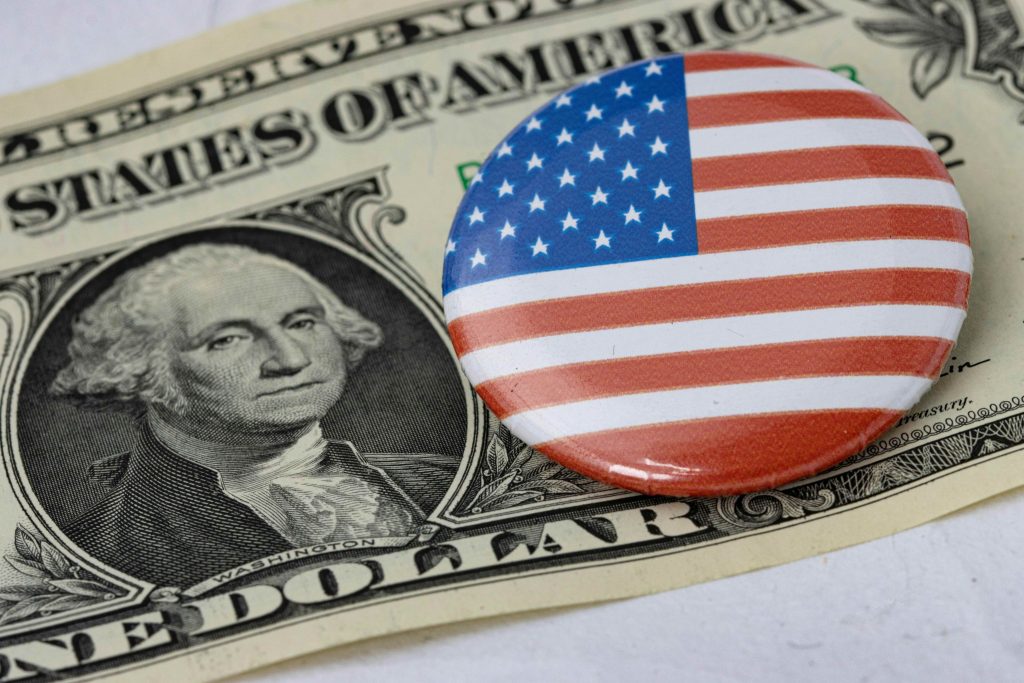FTC v. Meta Platforms, Inc.: Keeping Big Companies in Check vs. Stability

By Cayden Perez*
Introduction
In December 2020, the Federal Trade Commission (FTC) filed a lawsuit against Meta Platforms, Inc. (Meta), seeking a permanent injunction and other equitable relief to “undo and prevent its anticompetitive conduct and unfair methods of competition in or affecting commerce.”1 The FTC’s complaint alleges that the anticompetitive conduct and unfair methods in question relate to a concerted effort by Meta to acquire two of its most prominent competitors, WhatsApp and Instagram, to secure a monopoly power.2
Background
In 2012, Meta acquired Instagram for $1 billion.3 For context, Instagram had an explosive rise to prominence around this time, and despite Meta’s best efforts to genuinely compete, Meta simply could not keep up with Instagram’s popularity.4 Additionally, internal documents reveal that Mark Zuckerberg, Meta’s CEO and founder, expressed fears that if Meta did not acquire Instagram, the platform could pose an existential threat to the company.5 Therefore, the decision was made to acquire Instagram, effectively curbing any and all chances that a similar platform or other firm could come close to directly threatening Meta.6 In 2014, Meta acquired WhatsApp for $19 billion out of fears the messaging app would venture into the social media market.7 Both times, Meta figured it would be “better to buy than to compete.”8
It is these acquisitions and the failure to genuinely compete with these platforms on the merits that led the FTC to take action.9 The FTC saw the threat posed by a monopolistic force like Meta in the social media space and is ultimately looking to divest Instagram and WhatsApp from Meta’s control.10 After a lengthy trial, the case is still awaiting a ruling from Judge James E. Boasberg.11
What if the FTC Wins?
The immediate effect of a ruling in favor of the FTC would see Meta divest from both WhatsApp and Instagram. Both platforms have received heavy investment by Meta and are large revenue generators. Instagram generated Meta $66.9 billion in 2024, which was 40% of Meta’s revenue that year.12 WhatsApp made Meta $1.7 billion in 2024.13 A divestiture of Instagram and WhatsApp would undoubtably be a financial blow to the company and, using 2024’s figures, would result in a loss of roughly $68 billion in lost revenue. Considering that Meta’s revenue in 2024 was $164.5 billion, Meta would see a 40% decrease in revenue.
From a legal perspective, that sudden loss in revenue would undoubtedly send a message to other large firms looking to acquire competitors and strike fear in companies that made recent acquisitions of competitors in a bid to hold more control of their markets. On one hand, the FTC exercising an “undo button” on mergers it had previously approved will better serve the FTC’s goal of promoting competition because it allows the agency to assess the potentially negative effects of a merger and course correct.14 Additionally, this victory would signal a shift from courts’ generally hands-off approach to antitrust law to holding big companies, especially tech firms, accountable for anticompetitive practices.15 Lastly, it’s possible that an FTC win would set the legal precedent that the FTC can review and challenge corporate mergers twelve years after the merger happened. It is highly probable that Meta would appeal the decision due to the high stakes involved, and litigation will continue in the United States Court of Appeals for the District of Columbia Circuit.
What if Meta Wins?
If Meta wins, Meta will maintain control over WhatsApp and Instagram, sparing it from losing a substantial amount of income. Additionally, American law has a long-held principle that the law should not unreasonably revisit settled decisions.16 Companies rely on these FTC decisions to make strategic business decisions and planning.17 Meta dedicated billions of dollars towards its new acquisitions in reliance on these decisions.18 If Meta wins, this would help create better certainty for businesses and potentially set a precedent that the FTC can’t retroactively force divestiture twelve years after approving an acquisition.19 However, this has the potential to pave the way for similar large mergers between a large, dominant firm and an up-and-coming competitor potentially stifling genuine competition. It is also possible the FTC will either settle or not appeal the decision. In July, the Federal Communications Commission (FCC) allowed the merger of Skydance and Paramount around the same time CBS (then owned by Paramount) settled a controversial lawsuit with the Trump administration for $16 million relating to a CBS 60 Minutes interview featuring Trump.20 Meta donated $1 million to Trump’s inauguration fund, and in September, Mark Zuckerberg pledged $600 billion in U.S. investment at a White House dinner.21 Although these are different agencies in different circumstances, the FCC approving a merger suspiciously close to a settlement favoring the administration nonetheless sets a precedent that raises questions regarding the integrity of federal agencies in these seemingly quid-pro-quo situations. Whether Mark Zuckerberg’s donation and pledge will play into the FTC’s decision is unknown but is still a possibility.
* J.D. Candidate, Class of 2027, Sandra Day O’Connor College of Law at Arizona State University
- Complaint at 1, FTC v. Meta, Inc. No. 1:20-cv-03590, (D.D.C.Dec. 9, 2020). ↩︎
- Id. at 2. ↩︎
- David McCabe & Mike Isaac, Here’s What Meta Argued to Fend Off Monopoly Claims in Landmark Trial, N.Y. Times (May 21, 2025), https://www.nytimes.com/2025/05/21/technology/meta-antitrust-trial-arguments.html. ↩︎
- Complaint, supra note 1, at 11-12. ↩︎
- Id. at 12-14. ↩︎
- Id. at 13. ↩︎
- McCabe & Isaac, supra note 3. ↩︎
- Id. ↩︎
- Complaint, supra note 1, at 9. ↩︎
- Id. at 51. ↩︎
- Cecilia Kang, Meta’s Fate Now Rests With a Judge, N.Y. Times (May 27, 2025), https://www.nytimes.com/2025/05/27/technology/meta-antitrust-trial-concludes.html. ↩︎
- Nayden Tafradzhiyski, Instagram Revenue and Usage Statistics (2025), Bus. of Apps (Oct. 9, 2025), https://www.businessofapps.com/data/instagram-statistics. ↩︎
- Nayden Tafradzhiyski, WhatsApp Revenue and Usage Statistics (2025), Bus. of Apps (Oct. 9, 2025), https://www.businessofapps.com/data/whatsapp-statistics. ↩︎
- Merger Retrospective Program, FTC https://www.ftc.gov/policy/studies/merger-retrospective-program (last visited Nov. 12, 2025). ↩︎
- Stephanie Sy & Jackson Hudgins, How Meta’s blockbuster antitrust trial could have major implications for big tech, PBS News (Apr. 14, 2025, at 6:35 PM EST), https://www.pbs.org/newshour/show/how-metas-blockbuster-antitrust-trial-could-have-major-implications-for-big-tech. ↩︎
- See Sean Heather, An Affront to the Certainty of America’s Merger Regime, U.S. Chamber of Com. (Jul. 17, 2025), https://www.uschamber.com/antitrust/ftc-meta-lawsuit-merger-stability. ↩︎
- Id. ↩︎
- Id. ↩︎
- See id. (No statute of limitations exists for challenging a merger and this may set a common-law limit). ↩︎
- Dawn Chmielewski, David Shepardson & Lisa Richwine, US clears way for $8 billion Paramount-Skydance merger, Reuters (Jul. 25, 2025, at 8:31 AM MST), https://www.reuters.com/sustainability/boards-policy-regulation/us-clears-way-8-billion-paramount-skydance-merger-2025-07-25. ↩︎
- Liv McMahon, Mark Zuckerberg’s Meta donates $1m to Trump fund, BBC (Dec. 12, 2024) https://www.bbc.com/news/articles/c8j9e1x9z2xo; Lakshmi Varanasi, Meta details $600 billion US investment pledge that led to a hot-mic moment between Zuckerberg and Trump, Yahoo Fin. (Nov. 7, 2025, at 2:23 PM MST) https://finance.yahoo.com/news/meta-details-600-billion-us-212327957.html. ↩︎


